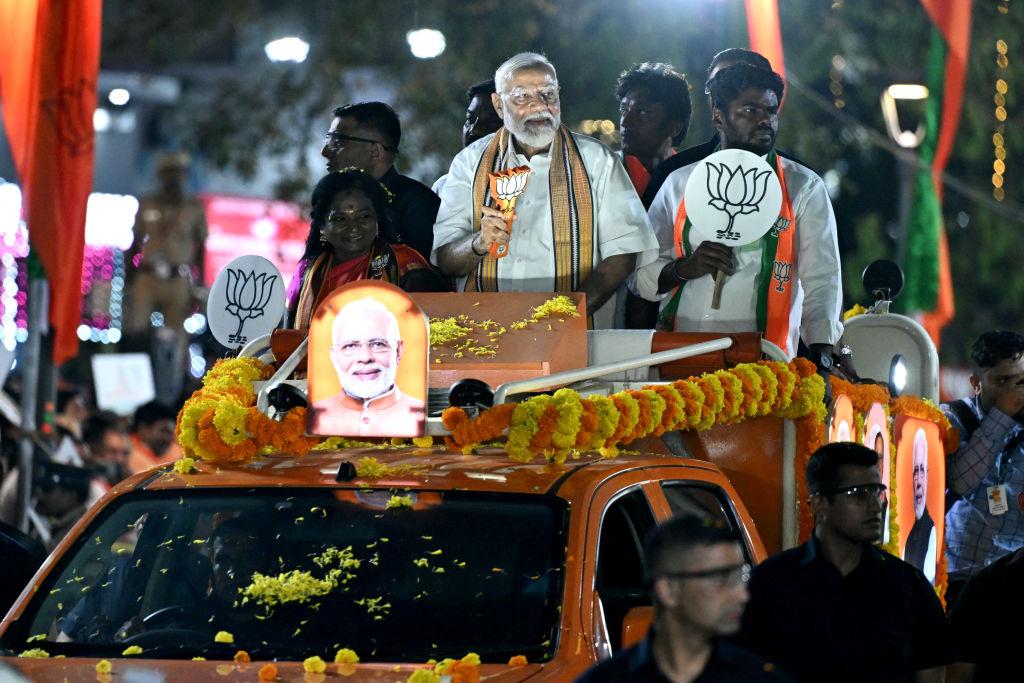NEW DELHI—India, the world’s most populous country, will hold general elections starting April 19. Voting to elect India’s 18th parliament and its next federal government will span six weeks and seven phases, with results to be announced on June 4. Amid the clamor of election campaigns, concerns have arisen that China—the country’s biggest neighbor—and other foreign players will use the occasion to push disinformation and propaganda, according to IT security experts.
India ranks highest in 2024 for the threats caused by misinformation and disinformation in the world, according to a report released by Logically, a Virginia-based technology company that combines artificial intelligence (AI) with expert intelligence.





